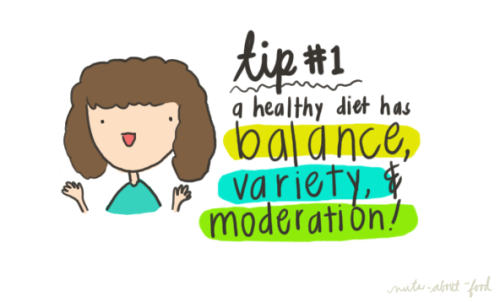No. This is not a healthy behavior.
Yes, too much protein really is harmful to your recovering body.
But wait, before you throw your Quest Bar wrapper at me, looking closely at my last statement; consuming a large amount of protein may not be harmful to normal-functioning, healthy bodies, but when you are recovering from an eating disorder, your body is far from healthy. The protein overload overwhelms your kidneys, steals calcium from your bones, and is less efficient in providing you with readily accessible energy.
During periods of calorie restriction, your body is essentially eating away your organs in order to extract some extra energy to keep you alive. One of the organs that it attacks is the kidney. Not only that, electrolyte imbalances caused by food restriction, over-exercise, and eating disorder related behaviors like purging and laxative/diuretic abuse causes tubular cell damage. Ultimately the bottom line comes to this: your kidneys are severely damaged. This is why most suffer from edema and risk refeeding syndrome upon reintroduction of food.
Even the most avid protein supports will agree that while excess protein intake is fine when a person is healthy, it increases and exacerbates kidney damage in those with preexisting kidney conditions.
Second, in the short term protein intake increases blood acidity and to compensate, your body will extract calcium from your bones to help neutralize the excess acid. This may be okay for people with normal calcium-reabsorption abilities and healthy bones, but when your body is already in a weakened state and especially when you are at risk for osteopenia (because of amenorrhea or just decrease calcium/vitamin D levels), your are only increasing your risks for osteoporosis and bone fractures. You are still young. Do you really want to look like this at 20 or 30 years old?
Third, protein is the least energy efficient macronutrient, meaning that it is the hardest for your body to extra energy from. When you are recovering (whether you want to or not), you have to gain weight. The faster you gain weight, the better; depression, anxiety, and body dysmorphia are all linked to starvation mode. Consuming a large amount of protein versus the same amount of carbohydrates or fats simply isn't efficient for your body! I know so many girls and guys complain about their constant bloating, stomach pain, and food babies and my answer to you is to eat less protein. Carbohydrates are much, much easier on your digestive system while fats offer more energy per gram.
Finally (and what I believe is the most important aspect), the protein addiction is simply hindering your mental recovery. You must come to term with the fact that living off of protein cakes, egg whites, and lean chicken simply isn't normal. More times than not, protein is used to replace carbohydrates in a calorie restricted diet and a critical part of your recovery process is overcoming the fear of a certain macronutrient group. Carbohydrates (and fats) are so important for your overall health and energy levels. All physical harms aside, the protein addiction is one of the most crippling parts of the recovery process and will continue to latch you onto your disorder unless it is addressed and properly fought against.
The US government recommends roughly 40-50 grams of protein per day while bodybuilders advocate roughly 1 gram per pound of body weight. Unfortunately, most recovering are eating even several times more protein than bodybuilders. No, you will not gain back all your weight in lean muscle if you consume excess protein.
Protein is essential, but so are carbohydrates and fats. And trust me, real cake with real frosting tastes much better than protein cake topped with sweetened greek yogurt, no matter what your disorder tries to tell you.






